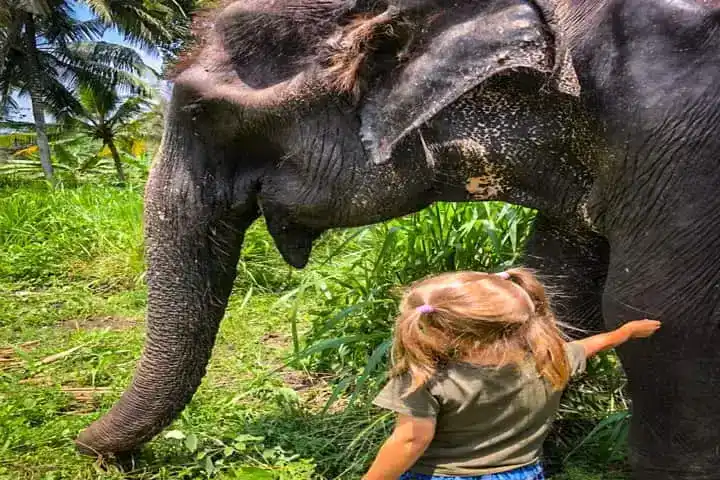In what can be called as sweeping changes, Sri Lanka has issued several new rules to safeguard and protect its elephant population.
According to news agency AFP, this includes issuing captive elephants with their own biometric identity cards and also importantly banning the riders of these animals from drinking on the job. The new rule requires that owners of all elephants, to have new photo identity cards with a DNA stamp of the animal(s) under their care. Also mandatory is medical check-up of the animals every six months.
The aim of the wide-ranging new animal protection law is to protect the animals' welfare and implement strict regulations for working elephants, including a daily two-and-a-half-hour bath for each creature.
Issuing these rules under a gazette notification, the Sri Lanka’s Wildlife Protection Minister, Wimalaweera Dissanayaka, said: “The person who owns or has the custody of such elephants shall ensure that the mahout (rider) is not consuming any liquor or any harmful drug while employed.”

Speaking to India Narrative, Kartick Satyanarayan, the Co-Founder and CEO, Wildlife SOS said: “Any improvement and amendment on existing laws of any country that addresses the issue of animal welfare, in this case elephants, in a compassionate manner while addressing their ecological, behavioural, and social requirements is always welcome.”
Airing his views on this issue, Dr. Sandeep Kumar Tiwari, Program Manager IUCN SSC Asian Elephant Specialist Group and Joint Director of Wildlife Trust of India observed: “The new rules and regulations of Sri Lanka, are definitely a welcome step in the direction of welfare of captive elephants. Since these animals are used for several activities like functions of temples and other religious institutions, political rallies, logging, advertising and publicity, joy rides, etc, their wellbeing is very vital. They need to get on a regular basis, proper food and diet, time to rest and most importantly, medical and veterinary services. For example, elephants are not evolved to walk on tarred roads because of which the soles of their feet get burnt, so they need to recuperate from that and also their travel on such roads should be kept minimum.”
Also read: World Elephant Day: Kenya’s sanctuary raises orphaned baby elephants & returns them to the wild
Having said that, Tiwari added rules like this are bound to help captive elephants but they need to be implemented strictly on ground, then only it will be fruitful. “Enforcement of these laws is necessary to ensure that the animals are benefited by them to the fullest.”
Sri Lanka’s new regulations on working elephants also includes not using baby elephants for work, even cultural pageants and ensuring they are not separated from their mothers; using them for a maximum of four hours for logging with night work prohibited; restricting the number of people who can ride elephant to maximum four; and use of padded saddle for sitting on them.
Elephants can’t be used in films except for those produced by the Government which too will be under strict veterinary supervision.

Laws like this Satyanarayan feels will ensure “accountability on the part of the elephant owners, caretaker and mahouts, and can prevent exploitation, abuse and illegal trafficking. However, there is further scope for improvement as all riding of elephants and their use in the tourism and entertainment industry causes abuse and exploitation.”
In Sri Lanka, violation of the newly enacted laws could invite imprisonment with the State taking over the care of the elephant. Also capturing of wild elephants is a criminal offence punishable by death there. According to the available official data there are nearly 200 domesticated elephants while their population in the wild is around 7,500 in that country.
Also read: Drones and Bananas nudge wayward elephants back to their home base in China
Highlighting to India Narrative the issue of welfare of captive elephants in India, Tiwari remarked: “We too have excellent welfare laws for elephants but somewhere down the implementation stage, the steam is lost. But despite that, India is doing quite well on the welfare front but more needs to be done.”




















